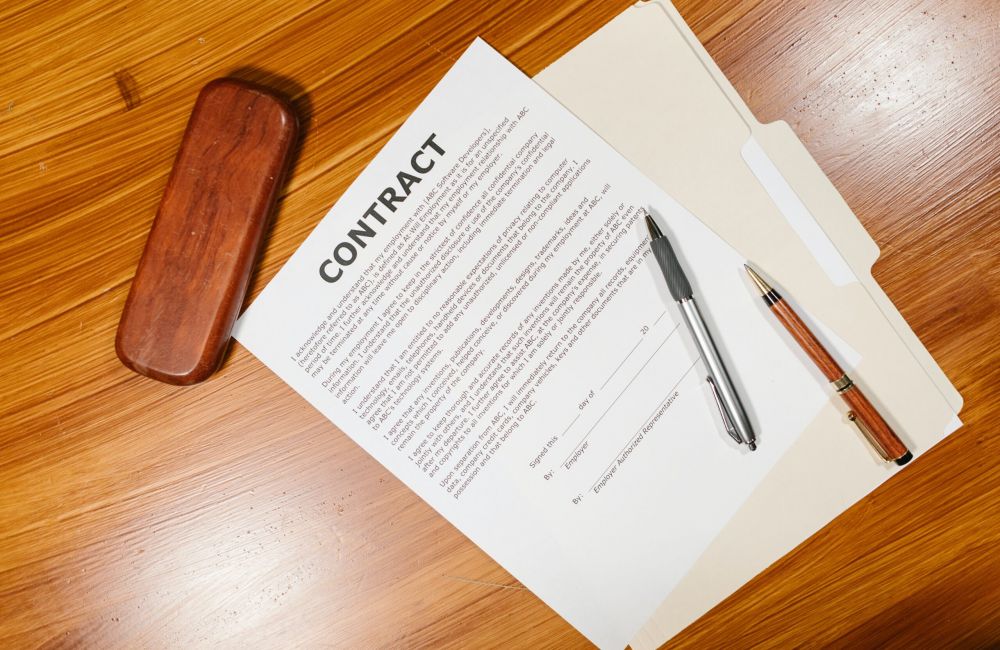New York Governor Hochul has once again signed new legislation that will have a huge effect on the way you run your business. This time, the new law focuses on the hiring of freelance workers to perform certain services for your business.
On November 22, 2023, Governor Hochul signed the Freelance Isn’t Free Act into law, which provides new protections and rights for freelance workers. The law, called NY Labor Law § 191-d, takes effect on May 20, 2024, and will apply to contracts entered into only on or after that day. While that means you’re safe from any potential penalties right now, it’s important to look ahead and have plans ready so you can be sure to effectively comply by the time May 2024 rolls around. It’s only five months from now!
What’s a Freelance Worker?
Under this law, a freelance worker is any single person or a one-person organization (whether LLC, d/b/a, or corporation) who’s hired as an independent contractor to perform services for a hiring party. Furthermore, to qualify as a freelance worker under this law, the worker must be paid at least $800 for the services they provide during a 120-day period.
The law excludes salespeople, attorneys, licensed medical professionals, and construction contractors. They’re not freelance workers under this new law.
The law defines a hiring party – that might be you – as any person who retains a freelance worker to provide any service. Governments aren’t included, so the United States, a foreign government, any New York agency or department, and any city, village or town in New York don’t have to comply with the law.
New Compensation Requirement
If you hire a freelancer, you’re now required to pay the contracted-for compensation on or before the date payment is due according to the signed contract or within 30 days of the completion of services. Once the freelancer begins performing the services for you, you can’t require them to accept less than the contracted-for amount of compensation as a condition of being promptly paid.
Written Contract Requirements
You’re now required to ensure that you and the freelance worker have a written contract detailing the specific services that’ll be performed. The written contract must include, at a minimum:
- Name and mailing address of BOTH the hiring party and freelance worker;
- List of all services to be provided by the freelance worker;
- The value of the services to be provided by the freelance worker;
- The rate and method of compensation;
- The date of payment; and
- The date by which the freelancer must submit a list of the services performed to the hiring party for the purposes of timely payment.
As the hiring party, you’re further required to keep the contract for at least six years and make sure that you’ve got the contract available if the New York Commissioner of Labor ever requests it.
The Department of Labor will be providing model contracts that comply with all these terms on its website. They’re intended as guidance for when you create a contract – whether you’re the hiring party or the indpendent contractor.
Possible Hiring Party Penalties for Violations
If the hiring party doesn’t pay by the contract payment deadline, the hiring party may be penalized with double damages. A freelance worker may further choose to file a lawsuit against the hiring party for any alleged violations of this law or breaches of the agreed-upon contract. These actions must be brought within six years of the alleged violation.
A hiring party may not threaten, intimidate, harass, or discriminate against any freelance workers who chooses to assert their rights. A hiring party also can’t hinder any potential future work opportunities of a freelance worker who chooses to assert their rights.
A freelance worker who successfully proves non-payment of a contract is entitled to the amount owed, double damages, and injunctive relief. A freelance worker who successfully proves retaliation under the law is entitled to statutory damages equal to the value of the contract for each violation.
Last, if an investigation conducted by the New York Commissioner of Labor is completed, and the hiring party is found to have violated the Freelance Isn’t Free Act multiple times, penalties of up to $25,000 may be imposed on the hiring party for this pattern of violation.
What Does The New Law Mean for You and Your Business?
Besides a headache, that is.
It’s now more important than ever to make sure that if you’re using independent contractors for any sort of services in your business, you and the freelancer should be signing written contracts that follow all these requirements. You should ensure that you, as the hiring party, are complying with all required timely payment practices to avoid any potential allegations that you’ve violated the new law.
Last, as an employer, you should be conducting routine checks to make sure that any individual you’ve hired as a freelancer doesn’t now inadvertently qualify as a W-2 employee. That creates a whole heap of additional complexities we’ll write about another time.
If you’ve got questions about this or any other employment-related issue, contact us. We’re here to help.

